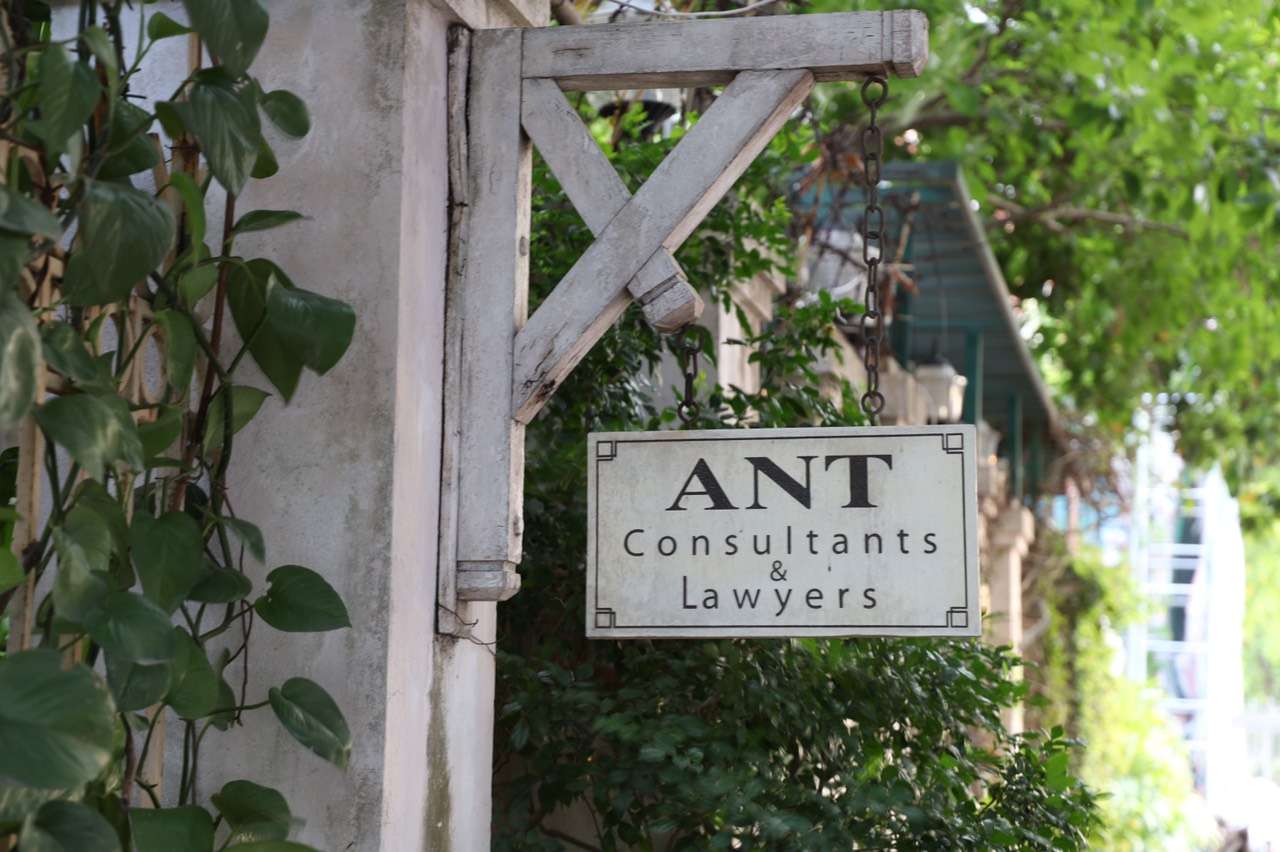How to Recognize Father
or Mother for a Child in Vietnam
It is a legal
requirement in Vietnam to register the recognition of father, mother of a child
regardless the child’s parents are married or not. Such recognition shall be
made on the newly issued birth certificate of the child.
Recognize Father for Child in
Vietnam
The recognition of the father, mother
protects the legal rights of all involved parties. For the family involving
foreign elements i.e foreigners, expatriates living in Vietnam, the procedure
for recognition of father, mothers of a child have to follow the laws of
Vietnam, through various steps at Vietnam Authority including People’s
Committee, Provincial Department of Justice and at Consular of foreign country
where the mother or father of the child comes from.
The dossiers of application for
recognition of fathers, mothers or children shall include the following papers:
-The application for recognition of
father, mother of the child;
-The copies of the ID (for Vietnamese
citizens staying in the country), or passports or substitute papers (for
foreigners and Vietnamese citizens in foreign countries);
-The copies of the birth certificates of
the persons to be recognized as child;
-Papers, documents or evidences (if any)
to prove that there is a blood relationship between the father or mother and
the child;
-The copy of the household registration
book or collective resident certificate (for Vietnamese citizens permanently
residing in the country);
-The permanent residence card (for
foreigners permanently residing in Vietnam) of the persons to be recognized as
father or mother.
Documents issued in foreign language shall
need to be translated into Vietnamese, notarized or legalized to conform with
legal document requirements of Vietnam authorities.
The time for processing dossiers at
various authorities depend on the submitted documents and the time taken by the
authorities to validate the case and could range between two weeks to two
months.
The Vietnam authorities will need to study
and examine dossiers of application for recognition of father, mother of the
child. In cases where there is any doubts, complaints or denunciation about the
recognition of father, mother of the child, or whether it is deemed that the
personal identification of the involved parties or papers in the dossiers of
application need to be clarified, the Provincial Department of Justice shall
carry out the verification, including interviews with the involved parties or
request for the additional proof.
Once the application is processed,
verified and confirmed, the revised birth certificate of the child will be
issued to reflect the changes which will show the name of the father or mother
added.
ANT Lawyers - Marriage and family dispute law
firm in Vietnam with international standard, local expertise
and strong international network. We focus on customers’ needs and provide
clients with a high quality legal advice and services. For advice or services
request, please contact us via email ant@antlawyers.vn, or call us +84 24 730
86 529.





.jpg)
.jpg)
.jpg)
.jpg)
.jpg)
.jpg)
.jpg)
.jpg)
.jpg)
.jpg)









.jpg)
.jpg)


.jpg)
.jpg)
.jpg)

